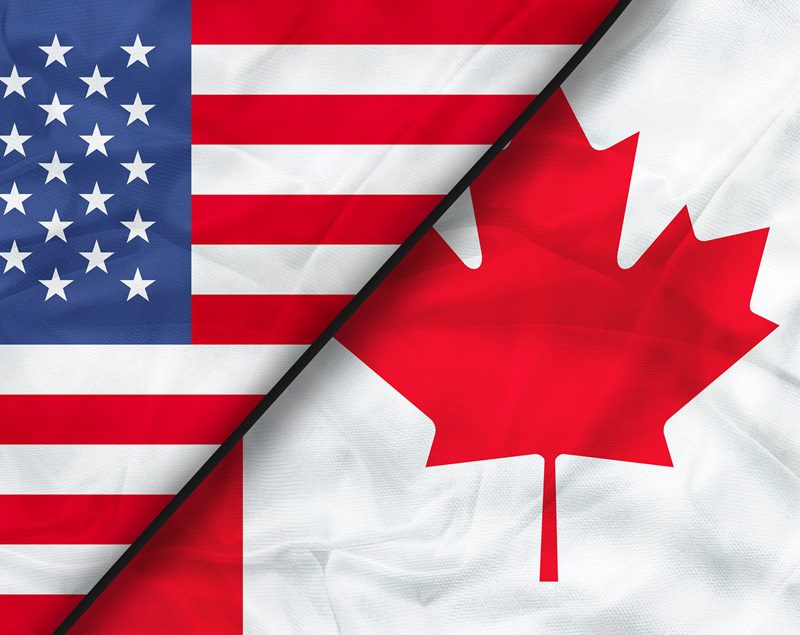Why the U.S. election may not affect Canadian economy as much as expected

The old adage that when the U.S. sneezes, Canada catches a cold may not hold true for the Canadian economy despite political uncertainty on both sides of the 49th parallel, financial ratings agency Morningstar DBRS says.
“Although Canadians like to make comparisons with the U.S., we don’t compare fiscal trajectories often enough,” says a Morningstar DBRS round-up of 2025 Credit Outlook Toronto, an industry conference addressing key risk factors that will shape credit markets in 2025.
“In some ways, the Canadian experience is the inverse of the American trajectory, with Canada having endured a difficult period of large deficits and large interest payments in the late 1980s/early 1990s and gone through a significant period of adjustment to put the country on a more sustainable fiscal path that has persisted.
“Both the financial crisis and the pandemic had significant impacts but, in both cases, a pronounced and sustained recovery followed, keeping Canada in a very favourable fiscal position among AAA sovereigns.”
Morningstar DBRS and other analysts are paying attention to presidential candidate Donald Trump’s remarks that he would like to re-open talks on the Canadian United States Mexico (CUSMA) free trade agreement. The last round of negotiations, although difficult to negotiate, resulted in Canada emerging from the new trade agreement “relatively unscathed,” as the ratings agency states.
Both Trump and Democratic party presidential candidate Kamala Harris have vowed to revisit CUSMA if elected.
Also in the news: Insurer loses appeal of a $45K punitive damages award
Both the Democrat and Republican presidential candidates have also expressed an intention to revisit the idea of imposing tariffs on Canadian goods and services crossing the border.
Conference panellist Travis Shaw, senior vice president and sector lead of Global Sovereign Ratings, Morningstar DBRS, notes past tariffs imposed by the U.S. have been sector-specific, but do not appear to have affected the Canadian economy as a whole.
For example, the ratings agency notes, the U.S. imposed 10% tariffs on aluminum and 25% on steel in 2018, and there have been softwood lumber tariffs at varying levels dating back to the 1980s.
“While targeted measures are of concern to specific industries, on the whole they have made no significant impact on the Canadian economy,” Morningstar DBRS states.
“The U.S.-imposed tariffs on China and Canada and other countries created a diversion of trade, rather than a significant decrease. Although the effects varied by industry, the broad economic impact of the tariffs was not significant.”
Feature image courtesy of iStock.com/Alexandra Bykova



